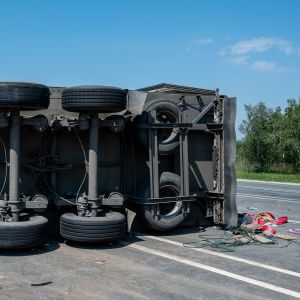Suffering a traumatic injury can affect every aspect of a person’s life. From maintaining regular employment to simply accomplishing daily tasks, victims living with brain injuries often struggle adjusting to their new lives. However, not all brain injuries are alike. People who have been involved in severe motor vehicle accidents may develop a range of different brain injuries.
Traumatic brain injuries can refer to a number of different conditions. A traumatic brain injury occurs when an external force damages the brain. Concussions are a well-known type of traumatic brain injury. Unfortunately, because concussions are somewhat common in car accidents, Connecticut residents may not take these injuries as seriously as they should. Individuals who exhibit symptoms of a concussion — including less obvious symptoms, such as a foggy mind and dizziness — should seek medical care right away, as severe concussions usually cause permanent damage when not treated.
Contusions are another form of traumatic brain injuries. These are generally the result of a direct impact or trauma to a victim’s head, which causes localized bleeding on the brain. Contusions should be carefully monitored by health care professionals. Contusions can form fatal blood clots in the brain, which must be surgically removed.
Serious car accidents can also cause victims to develop diffuse axonal injuries, another type of traumatic brain injury. Severe rotational forces and shaking can cause a person’s skull to shear the edges of the brain, resulting in tears across the brain’s structure. Falling into a coma, suffering permanent brain damage and even death are common outcomes of diffuse axonal injuries. Since different parts of the brain can be damaged, every victim may experience unique symptoms. These can include memory disruption or loss, trouble with motor function, motor sensation disruption and much more.
The aftermath of severe motor vehicle accidents can be devastating, both for victims and their families. The recovery time for a brain injury can be lengthy and expensive, and many people in Connecticut never fully recover. Although compensation can never undo the harm caused by a negligent driver, it is possible for a victim to address his or her damages — including financial and emotional trauma — through successfully pursued personal injury claims.




